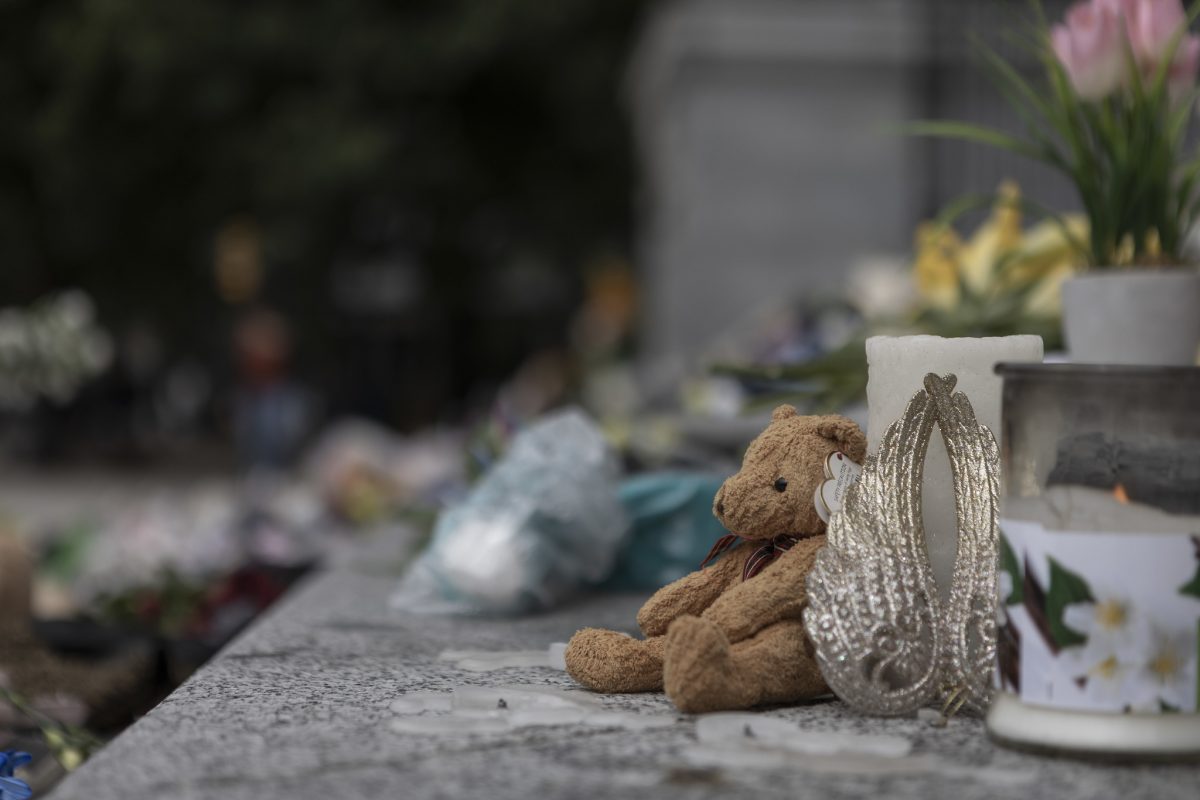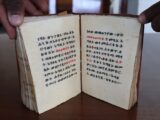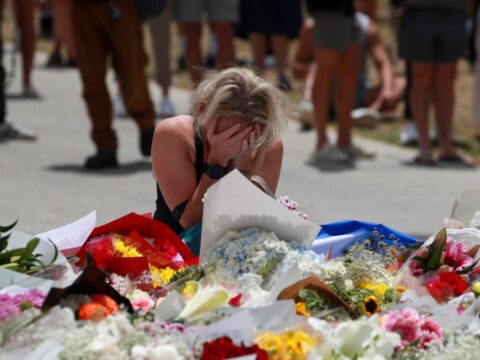When someone passes away, typically there is a funeral or a service of some kind. There is an allotted time to grieve. There is time and space to sit with sadness. But how do you grieve a genocide?
What happens when hundreds, thousands of people have passed away? What it felt like for me as an Indigenous woman, in the aftermath of the confirmation of 215 gravesites at Kamloops Indian Residential School, was that the world kept going.
You may unsubscribe from any of our newsletters at any time.
Reporters showed up and told the stories. People pondered the enormity of that number. But there was no time to grieve the loss of people like you who went through something horrific and did not survive. There was work to be done, so life just went on.
Even as flags fly at half-mast there are those who question how long they should remain that way. I felt acutely sad, as the granddaughter of a residential school survivor, that the smallest gesture was felt to be too much in the face of loss that has also been objectively too much.
This year is our first National Day for Truth and Reconciliation. So many more graves have been confirmed since those first 215. I remember thinking, “How are we not having a national day of mourning?” It’s here now.
A day has been set aside to mourn, to remember, to take action, to learn, to respond to these tragedies and mark this occasion. How we choose to use this time is a personal decision, but I feel like this day is for us as Indigenous people to spend taking care of ourselves and our communities.

Just like any holiday, there will be co-opting and commercialization. I’ve already seen a pretty distasteful car ad featuring an orange vehicle. Those intrusions on the intent of the day don’t mean we shouldn’t have it. They’re more of a reminder of why it’s so necessary.
A 2015 Truth and Reconciliation Commission report told us these graves existed. How was nothing done for so long? In what other circumstances can you tell the government there are thousands of bodies buried somewhere and nothing happens? There is a lot of healing and learning to be done.
More on Broadview:
- 8 common claims of residential school deniers and how to shut them down
- Residential school survivor documents ‘spiritual journey’ — and the photos are powerful
- 4 Indigenous education courses to help fill in your knowledge gaps
The disconnection from the gravity of what happened has been facilitated by the nonstop nature of life. For me, setting aside this day says, “This is important! We need to take time for this. We need to pay attention.”
We need the time because we are weary. It is exhausting to wonder what will be uncovered next. It’s draining to face residential school denialism, the emotional load of ongoing confirmations of gravesites and anticipatory grief knowing there will be more losses to come. We need time to take a deep breath and we need each other.
Talk about reconciliation reminds me of Royal Roads University research by Asma-na-hi Antoine and Geo Takach. In it, they talk about how we can’t have reconciliation until we first “concile” — come together. Let us take this day to do that, remembering those who are no longer able to join us and connecting with those who are.
Let us take the time to sit with the sadness, and to affirm that every child matters enough for us to stop and miss them together, even just for a day.
***
Alison Tedford is a freelance writer, business consultant, author and member of Kwakiutl First Nation.














